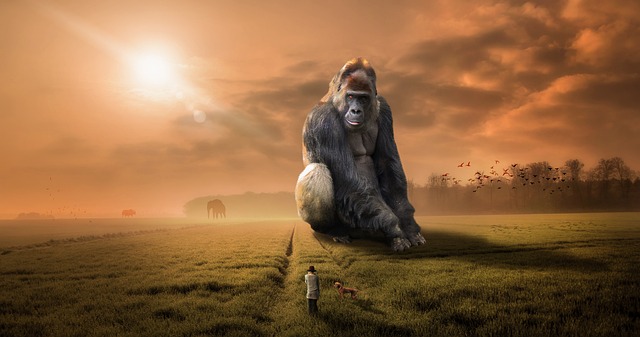In recent news, the UK-based artificial intelligence startup Yuga Labs has made headlines by claiming copyright over a “bored ape,” which the company created with an AI program. Although the company never filed for copyright registration, Yuga Labs is nonetheless defending its copyright claims vigorously in the face of criticism from industry professionals who say the company is “stretching” copyright laws beyond their intents.
At the heart of the issue is the fact that copyright laws were designed to protect the original creators of a work. The copyrighted work must have been created through “independent effort” and must show a definite expression of the creator’s “idea, feeling, and thought.” While it’s not entirely clear whether a computer program’s creative output can meet these requirements, Yuga Labs sees its “bored ape” as falling within the letter of the law.
The company is arguing that the AI program created a work that was the result of independent effort and effectively expresses the company’s ideas, feelings, and thoughts – namely, that an object can become “bored” and therefore exhibit the same emotions as a living creature.
In response to the heated legal debate, some intellectual property attorneys and scholars argue that the case could have wide-reaching implications for copyright law. They note that one of the main purposes of copyright is to provide incentive to creators, and AI-generated works could potentially pave the way for companies to generate and copyright large amounts of works without expending nearly as much effort as humans do.
Others contend that copyright law will remain the same regardless of whether AI works can be copyrighted, arguing that the success of any copyright claim will still depend on the “originality” of the work in question.
In the end, the outcome of Yuga Labs’ copyright claims will remain to be seen. It will be interesting to watch how courts handle AI copyright cases in the future and whether existing copyright laws need to be updated in order to keep up with the changing technology landscape. Regardless, the case serves as a timely reminder of the importance of considering copyright protection when undertaking creative projects.
Hey Subscribe to our newsletter for more articles like this directly to your email.
